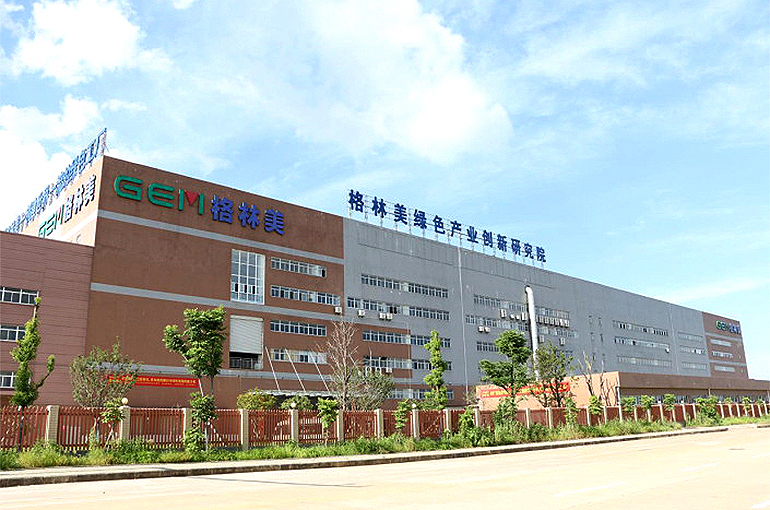 China's GEM to Thrive Despite Potential Indonesian Export Ban on Key Minerals, VP Says
China's GEM to Thrive Despite Potential Indonesian Export Ban on Key Minerals, VP Says(Yicai) Nov. 22 -- GEM, one of the world's largest recyclers of nickel, cobalt, and tungsten, will continue to thrive due to its comprehensive industrial presence even if Indonesia follows through on its plan to impose an export ban on 12 mineral resources, including cobalt and copper, according to the vice president of the Chinese company.
In the next year, GEM plans to fully self-supply its nickel and cobalt materials through expanding production, Pan Hua, VP and board secretary, said at a recent investor conference.
The Shenzhen-based company is set to have a smelting capacity of 150,000 metal tons of mixed hydroxide precipitate per year in Indonesia. Over 40 percent of this is fully operational, while 25,000 metal tons were added last month and are now undergoing commissioning, according to Pan.
Meidy Katrin, general secretary of the Indonesian Nickel Miners Association, said at a recent conference that following the nickel ore export ban, Indonesia plans to implement a new export ban on 12 mineral resources, including coal, bauxite, and silicon, and 16 non-mineral commodities.
Nickel, a crucial component in ternary batteries used in electric vehicles, is especially significant for China, the world’s largest EV producer. China's nickel reserves account for only 2 percent of the global total, while Indonesia’s proven nickel reserves amount to 55 million tons, making up more than 40 percent of the world's total. Since Indonesia imposed restrictions on nickel ore exports in 2020, most of the country’s nickel resources are now used for local processing.
Pan said that the potential export ban could benefit GEM's long-term development in Indonesia in the future, although companies without smelting capabilities may face challenges, as raw material costs could rise under the new restrictions.
On Nov. 10, GEM and Vale's Indonesian subsidiary signed an investment agreement to build facilities in Central Sulawesi to process some of Vale's nickel ore into mixed hydroxide precipitate containing nickel and cobalt. The planned capacity is 66,000 tons of MHP per year with an investment of no more than USD1.4 billion.
Editor: Emmi Laine